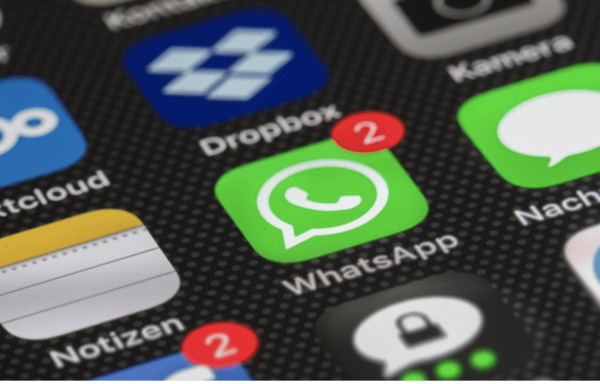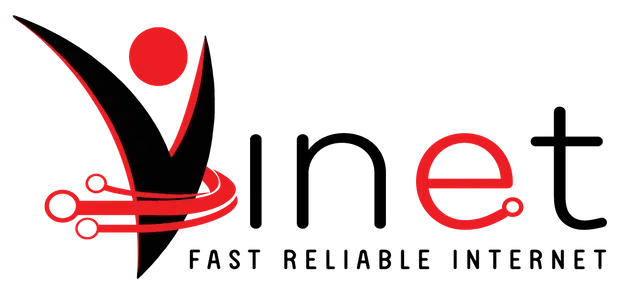
New WhatsApp change could lead to legal trouble for group admins in South Africa
Social media law expert Emma Sadleir Berkowitz has warned that a new change rolling out to WhatsApp can lead to legal trouble for group admins in South Africa.
An update to WhatsApp began rolling out to users on 1 September 2022, giving group admins more power and control over the content being shared on various platforms.
Admins who have the update activated will be able to long press on any message sent in the group and “delete for all”, adding stronger moderation tools. Previously, only those who sent the message were able to delete them.
The time limit for these deletions to take place has also been extended from a few hours to a couple of days.
According to Sadleir Berkowitz, the update is “a game changer” in a South African context. “In South African law, if you have the ability to delete something, and you choose not to, then you become legally responsible for the content,” she said.
“If you’re the admin of a WhatsApp group, because of this recent change, you become legally responsible for everything that appears on that group.”
She said that anyone who is the admin of a group where members are sending hate speech, threats, incitement, or any other content that is illegal – if that content isn’t deleted, the admins can be held liable.
“It brings to an end the debate we’ve been having for a long time in legal circles on whether or not an admin of a WhatsApp group is responsible for the content on that group,” she said.
Sadleir Berkowitz previously highlighted key risks faced when posting messages and content on social media platforms, including WhatsApp, following two new acts that came into law.
The Film and Publications Amendment Act criminalises all forms of image-based violence and revenge pornography. Meanwhile, the Cybercrimes Act criminalises threats to people, categories of people and property on social media.
While it has long been established that posting harmful messages on social media can lead to legal issues, she noted that in some cases, sharing, forwarding, liking or failing to call out a harmful post could also lead to issues.
Sadleir said this is an important principle in South African law known as the ‘chain of the publication’. This means that if you were involved in sharing something, you are responsible for it, she said.
“If I Instagram a picture, and somebody comments underneath that picture – like, uses a racist slur – because it is my Instagram post, I have the ability to delete it; if I don’t, I am legally responsible for it.
“We have case law to show that if you ‘like’ something, you are in the chain of publication. Liking something is a very active form of association, so be careful about what you’re liking.”
Sadleir added that disclaimers like ‘retweets are not endorsements or ‘I tweet in my personal capacity’ on your social profile would not indemnify you from potential legal action.
She said that if you are in a WhatsApp group and there’s something indefensible in that group, you effectively have two options:
- One is to say that you disapprove of it;
- The other option is to leave the group.
“If you don’t do one of those two things, there is an argument that you are in the chain of publication,” she said.
With the latest change from WhatsApp, group admins would now have to actively delete such content.
The Department of Communications and Digital Technologies has gazetted the Film and Publications Regulations, 2022, enacting South Africa’s internet content laws that came into effect in March this year.
While the regulations are targeted at film, game and published content, they are vague enough to include social media posts. The FPB has not codified any exemptions for the general public posting to social media.
NB new WhatsApp update. Pls share! https://t.co/6WUasHkyDM— Emma Sadleir Berkowitz (@EmmaSadleir) September 5, 2022
Share:
